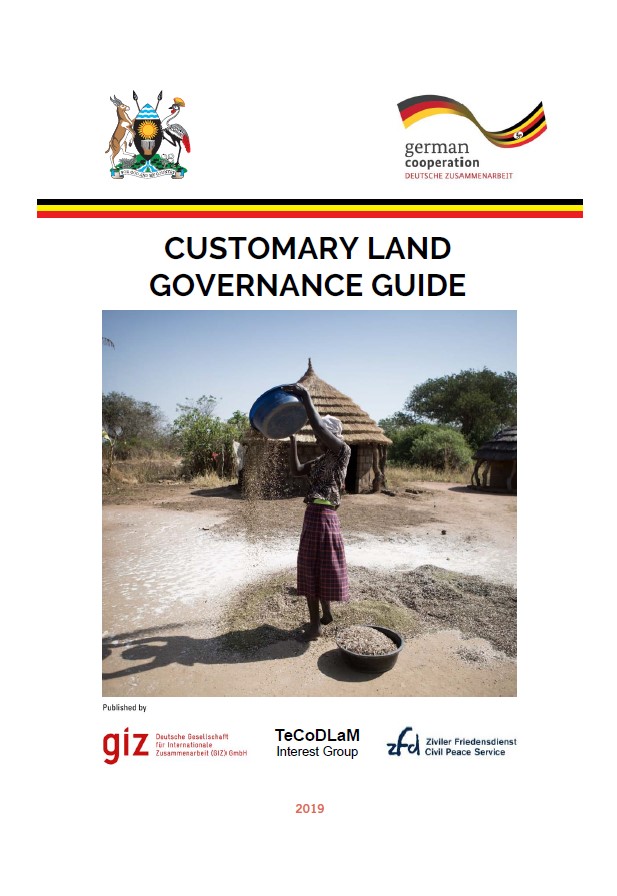Location
As a service provider in the field of international cooperation for sustainable development and international education work, we are dedicated to shaping a future worth living around the world. We have over 50 years of experience in a wide variety of areas, including economic development and employment promotion, energy and the environment, and peace and security. The diverse expertise of our federal enterprise is in demand around the globe – from the German Government, European Union institutions, the United Nations, the private sector, and governments of other countries. We work with businesses, civil society actors and research institutions, fostering successful interaction between development policy and other policy fields and areas of activity. Our main commissioning party is the German Federal Ministry for Economic Cooperation and Development (BMZ). The commissioning parties and cooperation partners all place their trust in GIZ, and we work with them to generate ideas for political, social and economic change, to develop these into concrete plans and to implement them. Since we are a public-benefit federal enterprise, German and European values are central to our work. Together with our partners in national governments worldwide and cooperation partners from the worlds of business, research and civil society, we work flexibly to deliver effective solutions that offer people better prospects and sustainably improve their living conditions.
Members:
Resources
Displaying 106 - 110 of 340Land Conflict Resolution Approach by RELAPU
Land in Uganda is a delicate resource that has caused many conflicts over the past years. About 80% of pending court cases in the country relate to land today. Looking at the country’s violent history, a rising population and increasing impact of climate change on agriculture productivity, land rights in Uganda are contested to this day. Land conflicts are either within communities, family structures or between individuals and external players such as investors.
The Fit for Purpose Land Administration Approach of RELAPU
Uganda has been struggling to maintain a conventional (European-type) land administration system for a long time but has faced many challenges including lack of funding, inadequate skill force and long- winded procedures. Up to present, the country has only managed to record less than 20 per cent of the land rights. Similar circumstances can be found in many countries in the world. An often-cited estimate indicates that seventy percent of the world´s population is lacking security of tenure.
The RELAPU Land Rights Awareness Raising Approach
With the current population of 40 million and 213 inhabitants per km², Uganda is one of the most densely populated countries in Africa. Yet land is a fixed asset. Of all the land in Uganda, approximately 80% of the land area is administered under customary tenure system and approximately 5% only is titled under Mailo, leasehold and freehold tenure. There is a high amount of tenure insecurity in major parts of the population, as the land legislation is not well−known among the rural smallholder farmers.
Emerging lessons for mainstreaming Ecosystem-based Adaptation: Strategic entry points and processes
A new report developed by GIZ highlights success factors and 7 practical entry points for mainstreaming Ecosystem-based Adaptation (EbA) into policies and planning, based on 16 case studies from Mexico, Peru, South Africa, Philippines and Viet Nam in the following contexts:
1. National climate change policies (NDC, NAP)
2. National public investment allocation and project screening
3. Sectoral adaptation plans (water resources, protected areas, disaster risk reduction)
4. Land-use planning (spatial planning & landscape management)
Customary Land Governance Guide
Responsible Land Policy in Uganda (RELAPU) is a project implemented by the German International Cooperation (GIZ) and financed by the German Federal Ministry for Economic Cooperation and Development (BMZ). BMZ created the Special Initiative “One World, No Hunger”, aimed at eradicating extreme hunger and poverty. Within this special initiative, RELAPU is part of the Global Programme on Responsible Land Policy currently implemented in eight countries.



